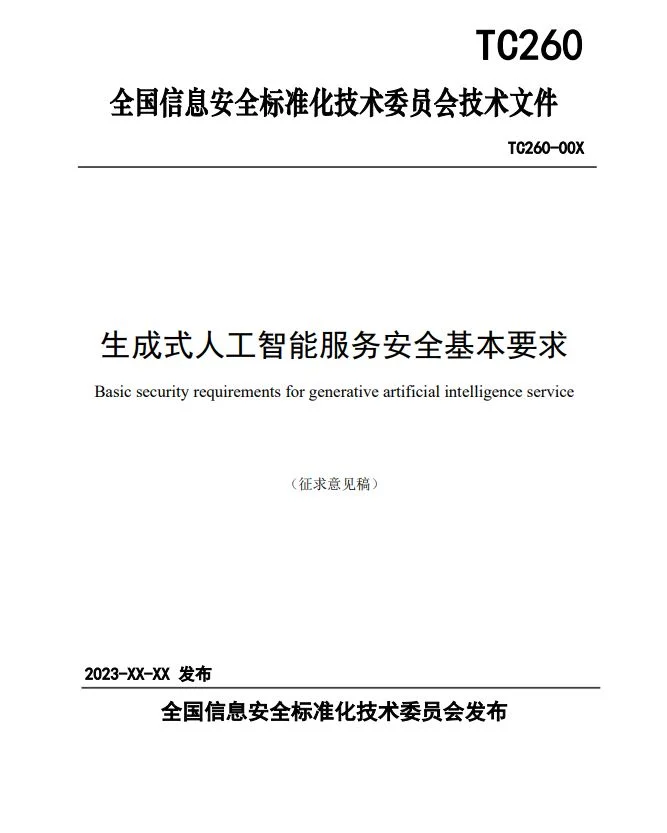The proposed regulations emphasize that training materials for these models should not include censored data from the Chinese internet.

China has issued a draft of security regulations for companies offering generative artificial intelligence (AI) services, which includes restrictions on the data sources used for AI model training.
The National Information Security Standardization Committee, comprised of representatives from the Cyberspace Administration of China (CAC), the Ministry of Industry and Information Technology, and law enforcement agencies, published the proposed regulations on Wednesday, October 11.
As demonstrated by the achievements of OpenAI’s ChatGPT chatbot, generative AI acquires the ability to perform tasks by analyzing historical data and generating new content, such as text and images, based on this training.

The committee suggests conducting a security assessment of the content to train publicly available generative AI models. Content exceeding “5% in the form of unlawful and detrimental information” will be blacklisted.
This category contains content that promotes terrorism, violence, subversion of the socialist system, damage to the country’s reputation, and actions that undermine national cohesion and societal stability.
The proposed regulations also emphasize that training materials for these models should not include censored data from the Chinese internet. This development comes a little over a month after regulatory authorities granted various Chinese tech companies, including the prominent search engine Baidu, permission to introduce their AI-powered chatbots to the general public.
Since April, the CAC has consistently communicated its requirement that companies provide regulatory bodies with security evaluations before launching generative AI-powered services to the public.
In July, the cyberspace regulator issued regulations governing these services, which industry analysts deemed significantly less burdensome than the initial proposal released in April.
The recently revealed draft security requirements require organizations to train AI models to obtain the explicit consent of individuals whose personal data, including biometric information, is used for training. Also, the guidelines include comprehensive instructions for preventing intellectual property violations.
Globally, nations need help to establish regulatory frameworks for this technology. China views artificial intelligence as an area where it can compete with the United States and has set a goal of becoming the global authority in this field by 2030.
